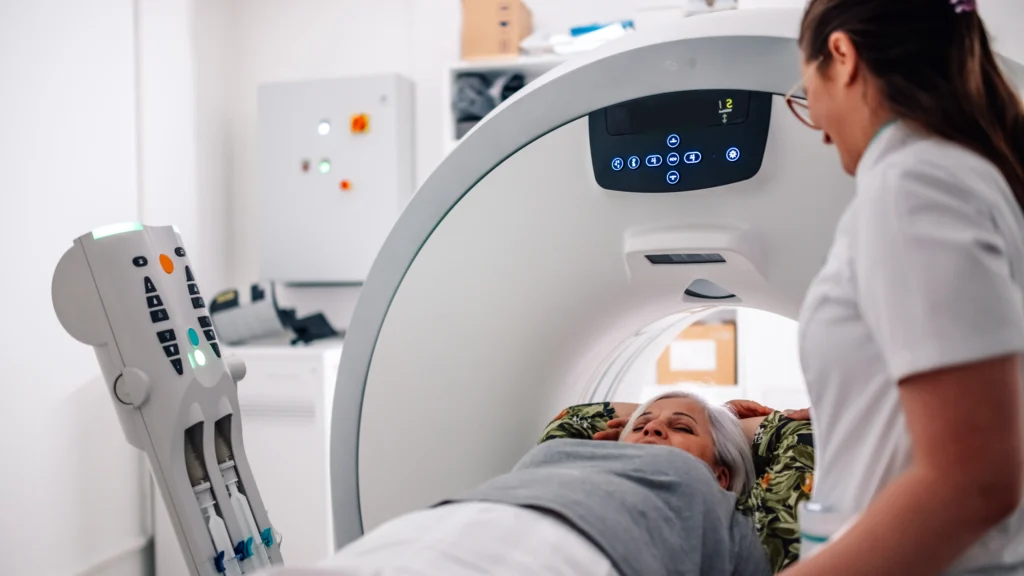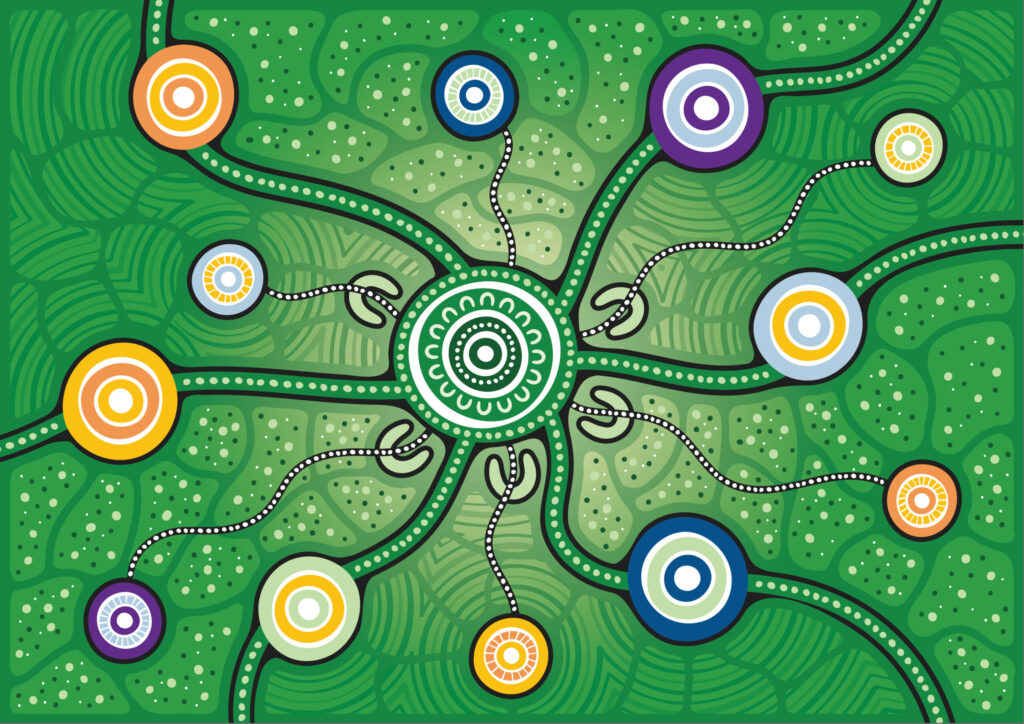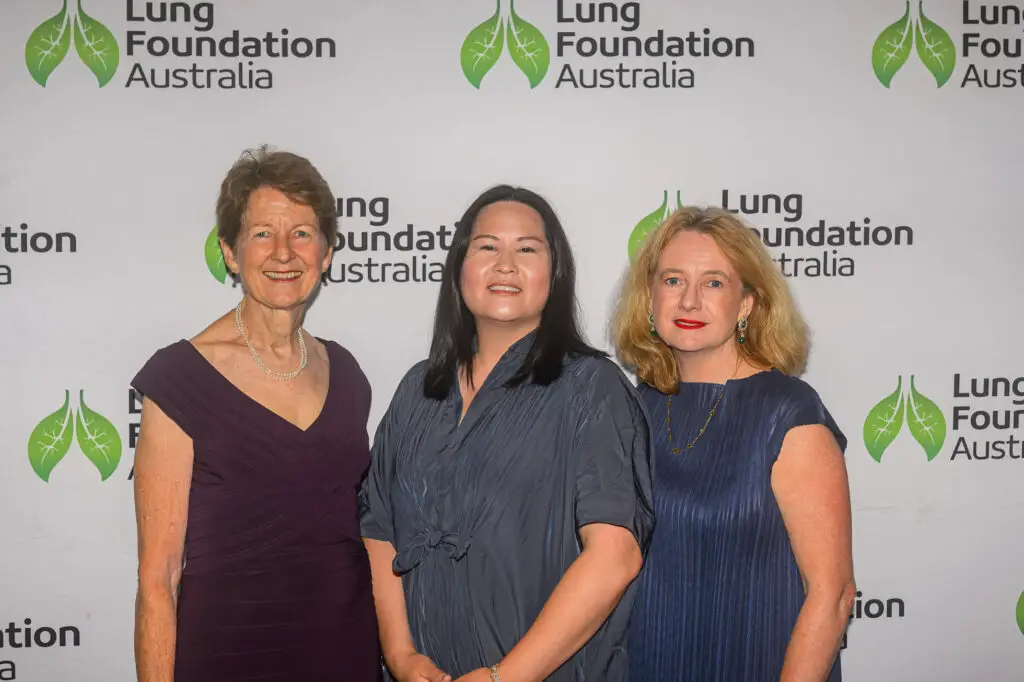Joint statement from Cancer Council Australia, Public Health Association of Australia, and Lung Foundation Australia
New modelling from Cancer Council predicts an additional 1,185 teenagers aged 12 to 19 will take up vaping each week, unless Parliament passes critical legislation to stop the retail sale of non-therapeutic vapes.
Parents and teachers continue to express their concerns that such a harmful product is too easily available to young Australians, and they are already noticing the health consequences in their homes and classrooms, as the international evidence warned.
This alarming analysis and community sentiment has prompted the public health sector, including Cancer Council, Public Health Association of Australia and the Lung Foundation Australia, to stand together encouraging Parliament to pass the critical vaping bill put to the Senate today.
If passed, the bill will put a firm end date on the manufacture, advertisement, commercial possession and widespread retail sale of any vape outside a pharmacy, essential progress towards driving down vaping rates across all age groups.
Cancer Council’s analysis shows that without decisive action, more young Australians will become regular vapers, going on to vape at least once a month, a warning sign of nicotine dependence and addiction.
Chair of Cancer Council’s Tobacco Issues Committee, Ms Alecia Brooks, said that at least one in six high school students have vaped, and that any potential increase in vaping will have frightening health consequences.
Vapes are not safe, can cause harm like addiction, poisoning, acute nicotine toxicity and lung injury and young Australians who vape are three times as likely to take up tobacco smoking compared to young Australians who have never vaped.
“For every week Parliament waits, the equivalent of an additional school of students steps down the path to a future of nicotine addiction and harm. These are students as young as twelve, vaping in their first year of high school.” Ms Brooks added.
“In just the past year, more than 400,000 teenagers reported vaping at least monthly, if not more. Every one of these teenagers is at greater risk of poisoning, acute nicotine toxicity and lung injury every time they breathe in the toxic chemicals in vapes.”
Vaping among teenagers has risen dramatically as retail sales of vapes have become more common.
“It’s no surprise that youth vaping has increased when every teenager can walk down the street tempted by brightly coloured, fruity flavoured vapes in convenience stores and milk bars on every street corner. With this new law, retailers deliberately exploiting young Australians for profit, will be forced to close up shop and we’ll start to see vaping rates decline,” Adj Prof Terry Slevin, CEO of Public Health Association of Australia, said.
While it has always been illegal for retailers to sell any vaping product with nicotine, the reforms offer the essential enforcement mechanism for federal and state and territory authorities to make this a reality.
“Under our current laws, retailers can disguise vapes simply by labelling them as nicotine free and claiming they’re only available to adults. Meanwhile, authorities must go through a complicated and resource heavy process, taking a vape, sending it to a lab for testing, proving it contains nicotine and then seize it, to stop illegal retailers.”
The Cancer Council’s Ms Brooks said this bill will simplify enforcement as all vapes will be treated the same – only available in pharmacies as a therapeutic product to help quit smoking.
“It will also see an end date on vapes being sold alongside lollies, ice-cream and groceries in retail stores,” Ms Brooks said.
“Passing this legislation is vital for the lung health of Australians and will go a long way to make sure e-cigarettes are not easily accessible by young people and non-smokers, and that vaping is not normalised and considered socially acceptable,” said Lung Foundation Australia CEO Mark Brooke.
“Lung Foundation Australia urges our nation’s leaders to get these critical reforms in place now, enabling health bodies to focus on contributing to a robust monitoring and evaluation framework, as well as strong enforcement and public health education without stigma.”
While there have been significant amendments negotiated, the legislation presented to Parliament today is essential to stopping vapes ending up in the hands of children and young Australians who have never smoked.
“This bill may not be perfect, but we cannot wait for perfect,” the PHAA’s Terry Slevin said.
“The status quo free for all vape market is a disaster for the health of Australians. Every day we delay, more young Australians go down the path of nicotine addiction.”
“The legislation before the Senate will turn the tide on the vaping epidemic and builds in a review period that ensures we can accurately assess its impact and evolve the legislation as needed,” Mr Slevin added.
The public health sector stands together and urges Parliament to act now on the concerns of parents, teachers, teenagers themselves and vote in support of this bill to protect the health of all Australians for years to come.
Contact details:
Lung Foundation Australia – Anna Hilton – annah@lungfoundation.com.au – 0408 191 192
PHAA – Paris Lord – plord@phaa.net.au – 0478 587 917
Cancer Council Australia – media@cancer.org.au – 02 8256 4109
Was this page helpful?
Good job! Please give your positive feedback
How could we improve this post? Please Help us.







